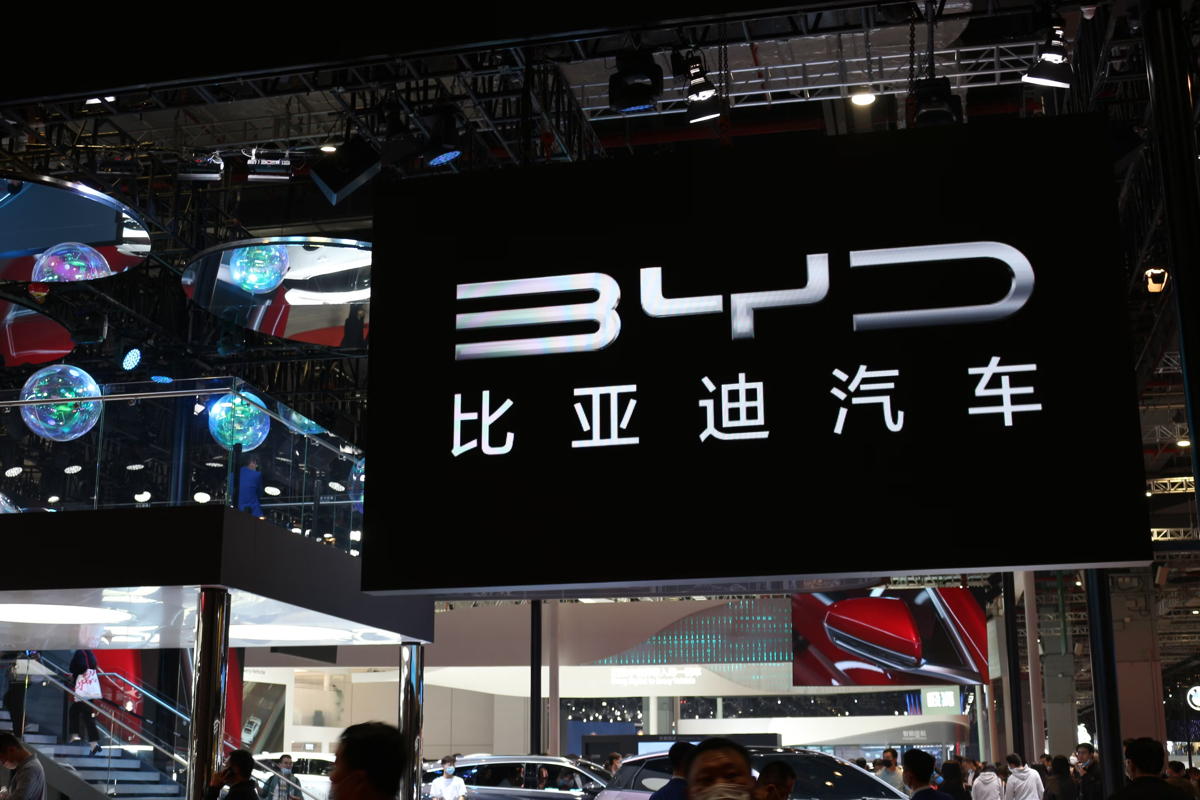

Image credit: Unsplash
China’s BYD overtook Tesla for the first time in quarterly revenues in the third quarter ending on 30 September, in a fresh sign of strength for the Chinese mainland’s electric vehicle (EV) market.
BYD and three other EV makers also reached record monthly sales in October, buoyed in part by government subsidies and competitive price-cutting.
BYD saw its sales rise 24 percent to 201.12 billion yuan ($28.2bn, £21.8bn) for the quarter, compared with Tesla’s third-quarter revenues of $25.18bn, according two the two firms’ financial results.
Tesla, which focuses on high-end vehicles, made far more profits than BYD with $2.17bn in profits, compared to 11.61bn yuan, or $1.63bn, for BYD.
Tesla also sold more pure EVs than BYD, as the Chinese giant’s sales of hybrids grew 75.6 percent year-on-year to 685,830 units, or more than half of BYD’s total 1.13 million sales of hybrids and pure EVs.
Shenzhen-based BYD, the world’s largest assembler of pure EVs and hybrids, sold a record of 502,757 pure EVs and hybrids in October, up 66.5 percent year-on-year and 19.8 percent compared to September, the company said in regulatory filings.
The figure was the company’s fifth consecutive sales record, with domestic customers accounting for all but 6.2 percent of sales.
Xpeng, Stellantis-backed Leapmotor and Geely Auto’s Zeekr, all of which make pure EVs, also reported sales records.
Officials in the EU, the US and other international markets have been eyeing such impressive figures with unease, as analysts say they are driven largely by government subsidies and an ongoing price war.
In order to maintain their momentum, Chinese EV companies will inevitably need to expand their foreign sales, officials believe, a fear that prompted the US and Canada to bring in 100 percent tariff barriers.
The EU also instituted tariffs of up to 45.3 percent on Chinese EV imports this week, after months of discussions failed to produce an amicable solution.
The bloc said its investigation had found the Chinese government had unfairly subsidised the EV industry at all levels.
Those subsidies are separate from current government incentives that pay drivers to trade in their older petrol-powered vehicles for pure EVs or hybrids.
More bad news for Google. Second time in less than a year that some part…
Federal office that tackled misinformation and disinformation from hostile nations is closed down, after criticism…
After Nvidia admits it will take $5.5 billion charge as Trump export limits of slower…
Trump continues to target his former CISA head, signing a new executive order targetting Chris…
Two Chinese retailers warn customers in America that prices will increase next week, as Trump's…
Engineer Cristina Balan wins latest round in her long-running defamation claim against Elon Musk's EV…